You’ve just invested KSh 1,000,000 in drilling a beautiful borehole on your property. The water flows clear and cold, and you’re celebrating your independence from unreliable municipal supply.
Six months later, your youngest child develops persistent stomach problems, and your wife complains about her hair becoming brittle.
The culprit? Contaminated borehole water that looked perfectly safe.

This scenario plays out more often than you’d think across Kenya. While over 60% of rural households rely on groundwater, many homeowners make a dangerous assumption: that borehole water is automatically clean and safe.
The truth is sobering. According to the Kenya National Bureau of Statistics, nearly 30% of boreholes in certain regions contain contaminants that exceed safe drinking standards. That clear, cold water from your expensive borehole could be silently harming your family’s health.
But here’s the good news, you can protect your family with seven essential water quality tests that every borehole owner must know. These tests could literally save lives and save you thousands in medical bills.
Why Your Borehole Water Isn’t Automatically Safe
You might wonder, “Isn’t groundwater naturally filtered through soil and rock?” While nature does provide some filtration, Kenya’s diverse geological landscape creates unique contamination risks.
Consider these sobering facts:
- Groundwater levels have declined at a median rate of 6 m/decade underneath Nairobi since 1950, concentrating pollutants
- Agricultural runoff introduces nitrates and pesticides into aquifers
- Natural geological formations can add excessive fluoride and heavy metals
- Poorly constructed boreholes allow surface contamination to seep in
Dr. Sarah Mwangi, a hydrogeologist at the University of Nairobi, puts it bluntly: “Many homeowners treat their borehole like a magic well that produces perfect water. The reality is that groundwater quality varies dramatically even within the same neighborhood.”
The cost of ignorance is steep. A recent study by the Ministry of Health found that households with untested borehole water spend an average of KSh 45,000 annually on water-related medical expenses. Money that could have been saved with proper testing and treatment.
Learn more about our professional borehole drilling services →
The 7 Essential Water Quality Tests That Could Save Your Life
Test 1: Bacterial Contamination (E. coli & Coliform) – The Silent Killer
This is your most critical test. Bacterial contamination is invisible, odorless, and can be deadly, especially for children and elderly family members.
What you’re testing for:
- E. coli bacteria (indicates fecal contamination)
- Total coliform bacteria (indicates general contamination)
- Fecal streptococci (another dangerous pathogen)
Why it matters: Just last year in Kiambu County, 23 families fell seriously ill from drinking water contaminated with E. coli. The source? A poorly sealed borehole that allowed surface runoff to contaminate the water supply.
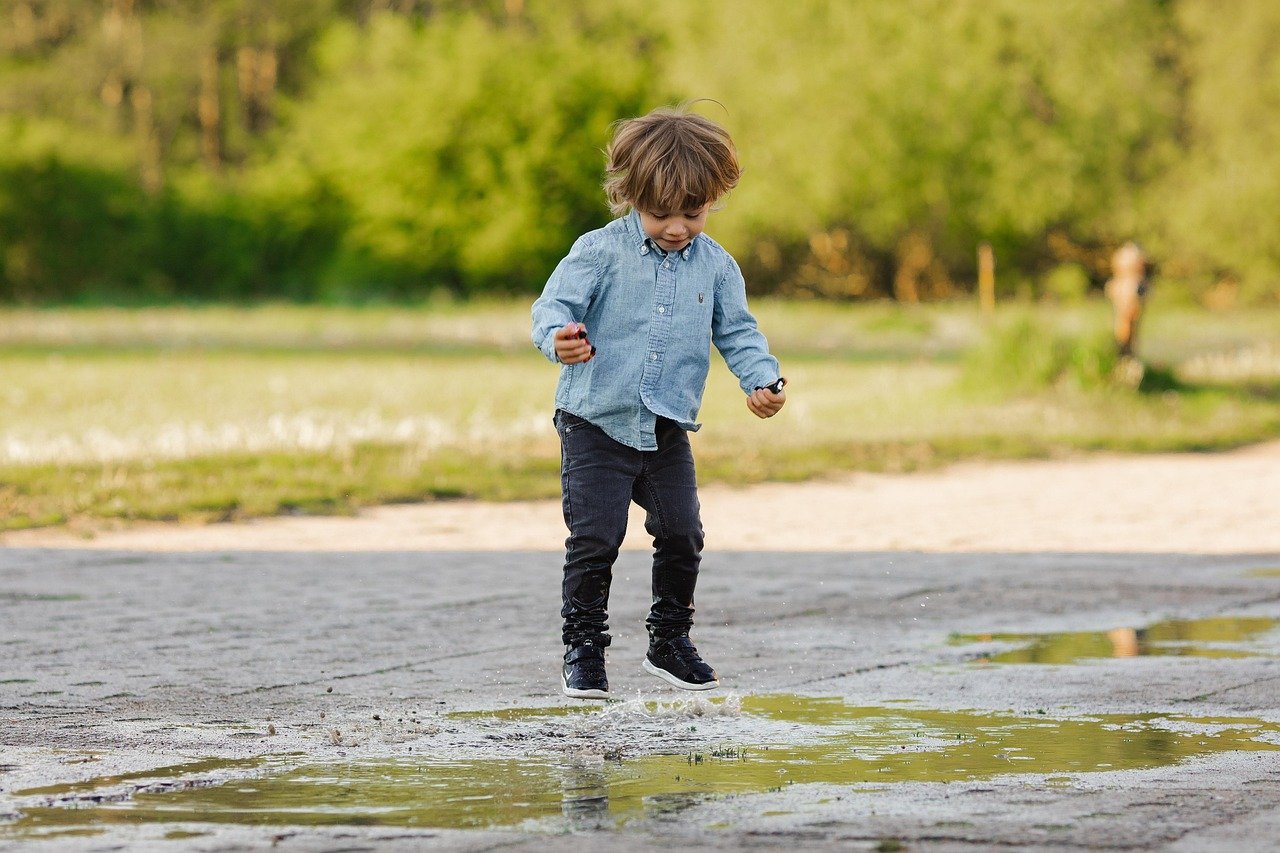
Health risks include:
- Severe diarrhea and dehydration
- Kidney failure in children
- Long-term digestive problems
- In extreme cases, death
Testing frequency: Monthly during rainy seasons, quarterly during dry periods.
Cost: KSh 3,500-5,000 per test at certified laboratories.
“We see families rush to hospital with waterborne diseases that could have been prevented with a KSh 4,000 test,” says Dr. James Kariuki, a pediatrician at Kenyatta National Hospital.
Test 2: Fluoride Levels – Kenya’s Hidden Dental Destroyer
Kenya sits in the East African Rift Valley, a region notorious for naturally occurring fluoride in groundwater. While small amounts of fluoride protect teeth, excessive levels cause devastating health problems.
The fluoride zones: Counties like Nakuru, Kajiado, Baringo, and parts of Turkana have groundwater with fluoride levels 5-10 times higher than safe limits.
Safe levels: 0.5-1.5 mg/L according to WHO standards
Dangerous levels: Above 1.5 mg/L
Health impacts:
- Dental fluorosis: Permanent brown staining and pitting of teeth
- Skeletal fluorosis: Joint pain, bone deformities, and mobility issues
- Neurological effects: Studies suggest links to reduced IQ in children
Real example: In Gilgil, Nakuru County, over 70% of residents show signs of dental fluorosis from drinking high-fluoride borehole water. Many families now travel 15 kilometers daily to buy clean water.
Testing cost: KSh 2,500-3,500 Testing frequency: Annually, or immediately if you notice teeth discoloration
Test 3: pH Levels – The Balancing Act Your Body Needs
Think of pH as your water’s mood meter. Water that’s too acidic or too alkaline creates problems for both your health and your home.
Ideal range: 6.5-8.5 pH units Acidic water: Below 6.5 pH Alkaline water: Above 8.5 pH
Problems with acidic water:
- Corrodes pipes and fixtures
- Bitter, metallic taste
- Can leach harmful metals from plumbing
- Digestive discomfort
Problems with alkaline water:
- Bitter taste and slippery feel
- Reduces soap effectiveness
- Can cause skin and eye irritation
- May indicate presence of harmful minerals
Testing tip: You can buy pH test strips for KSh 500-800 for quick home testing, but professional laboratory testing provides more accurate results.
Cost: Usually included in comprehensive water tests (KSh 8,000-12,000)
Test 4: Total Dissolved Solids (TDS) – What’s Really in Your Water
TDS measures all the dissolved minerals, salts, and metals in your water. It’s like a general health checkup for your water supply.
Acceptable levels: 0-500 mg/L (excellent), 500-1000 mg/L (acceptable) Poor quality: Above 1000 mg/L Undrinkable: Above 2000 mg/L
High TDS indicators:
- Unusual taste (salty, bitter, or metallic)
- White scale buildup on fixtures
- Clothes feeling stiff after washing
- Reduced soap lathering
Low TDS problems:
- Flat, tasteless water
- May lack beneficial minerals
- Can be corrosive to pipes
A family in Machakos discovered their borehole had TDS levels of 3,200 mg/L—almost six times the acceptable limit. They had unknowingly been drinking water with dangerous concentrations of dissolved salts for two years.
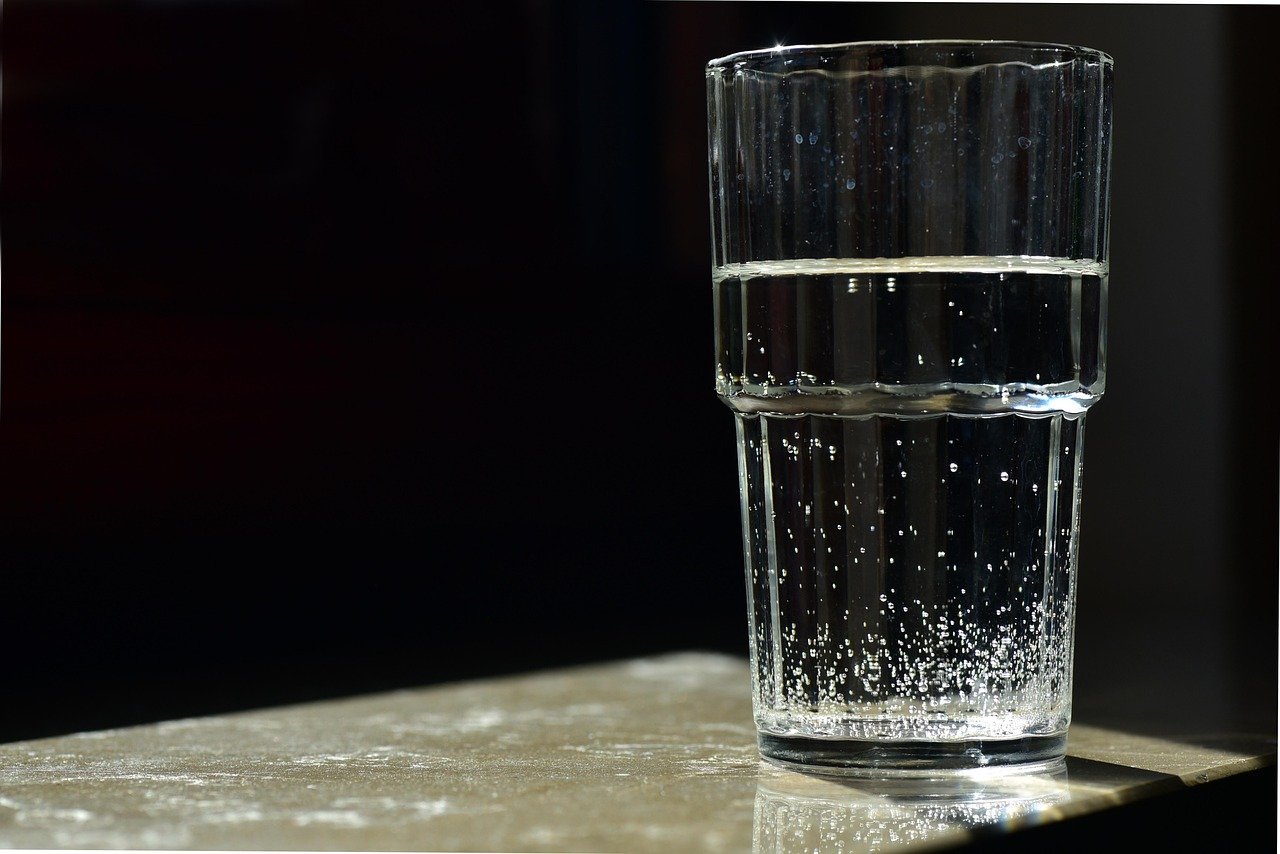
Testing cost: KSh 1,500-2,500 DIY option: TDS meters available for KSh 1,200-2,000
Test 5: Heavy Metals – The Invisible Threat to Your Future
Heavy metals are perhaps the most insidious contaminants because they accumulate in your body over time, causing health problems years later.
Key metals to test for:
- Lead: Damages nervous system, especially dangerous for children
- Mercury: Affects brain development and function
- Arsenic: Linked to cancer and skin problems
- Cadmium: Causes kidney damage and bone disease
- Chromium: Can cause liver and kidney damage
Common sources in Kenya:
- Industrial waste seepage
- Mining activities (especially in areas like Migori and Kakamega)
- Old plumbing systems
- Natural geological deposits
Acceptable limits:
- Lead: 0.01 mg/L maximum
- Mercury: 0.006 mg/L maximum
- Arsenic: 0.01 mg/L maximum
“Heavy metal poisoning is silent but devastating. By the time symptoms appear, significant damage may already be done,” warns Dr. Mary Wanjiku, a toxicologist at Nairobi Hospital.
Testing cost: KSh 8,000-15,000 for comprehensive heavy metals panel Testing frequency: Annually, or immediately if you live near industrial areas.
Test 6: Nitrates and Nitrites – The Agricultural Threat
If your borehole is near farmland, this test could save your child’s life. Nitrates and nitrites primarily come from agricultural fertilizers and pose serious health risks, especially to infants.
Safe levels:
- Nitrates: Below 50 mg/L
- Nitrites: Below 3 mg/L
Health risks:
- Blue baby syndrome: Can be fatal in infants under 6 months
- Increased cancer risk: Long-term exposure linked to stomach cancer
- Thyroid problems: Interferes with iodine absorption
High-risk areas in Kenya:
- Central Kenya (intensive farming areas)
- Rift Valley agricultural zones
- Areas near large-scale flower farms
A tragic case in Nyandarua County saw three infants hospitalized with blue baby syndrome after drinking formula mixed with high-nitrate borehole water. All three families had boreholes within 500 meters of intensive farming operations.
Testing cost: KSh 3,000-4,500 Testing frequency: Every 6 months if near farmland, annually otherwise
Test 7: Water Hardness and Mineral Content – Your Appliances’ Enemy
While hard water isn’t immediately dangerous to health, it can cost you thousands in damaged appliances and create daily frustrations.
Hardness levels:
- Soft: 0-60 mg/L
- Moderately hard: 61-120 mg/L
- Hard: 121-180 mg/L
- Very hard: Above 180 mg/L
Problems with hard water:
- White scale on fixtures and appliances
- Reduced soap effectiveness (you’ll use 50% more soap)
- Shortened appliance lifespan
- Dry skin and dull hair
- Higher electricity bills (scale reduces heating efficiency)
Benefits of proper mineral content:
- Calcium and magnesium support bone health
- Trace minerals improve taste
- Balanced minerals prevent corrosion
Real cost example: A family in Karen replaced their washing machine twice in five years due to hard water damage—a KSh 180,000 expense that could have been prevented with proper water treatment.
Testing cost: KSh 2,000-3,500 Testing frequency: Annually
Get your comprehensive water testing done by certified professionals →
When and How Often Should You Test Your Borehole Water?
Testing isn’t a one-time event, it’s an ongoing commitment to your family’s health. Here’s your testing calendar:
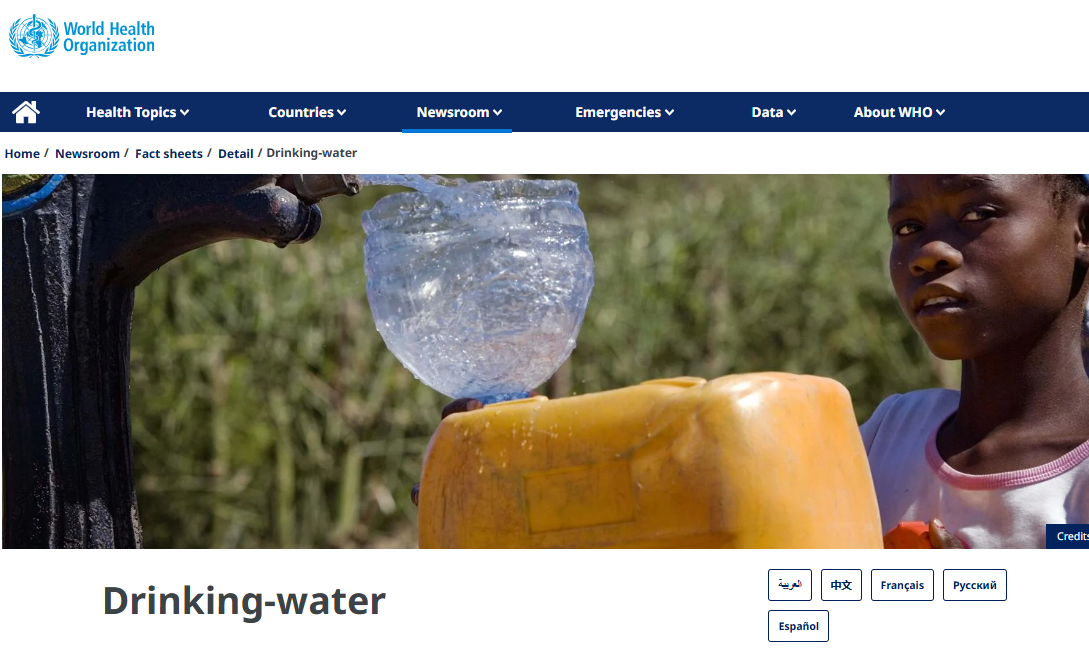
Immediate Testing (Within 30 Days of Drilling)
- All 7 essential tests
- Establishes baseline water quality
- Identifies immediate treatment needs
- Cost: KSh 25,000-35,000 for comprehensive testing
Regular Monitoring Schedule
Monthly (During Rainy Season):
- Bacterial contamination test
- Visual and taste inspection
- Cost: KSh 4,000-5,000
Quarterly:
- pH and TDS quick tests
- Bacterial contamination if high-risk area
- Cost: KSh 6,000-8,000
Annually:
- Complete 7-test panel
- Update water quality records
- Plan any necessary treatments
- Cost: KSh 25,000-35,000
Trigger Event Testing (Test Immediately If…):
- Water taste, color, or odor changes
- Anyone in family develops stomach problems
- After pump repairs or system modifications
- After heavy rains or drought periods
- Nearby construction or industrial activity
- Neighboring boreholes show contamination
“I tell my clients to think of water testing like car maintenance,” says Engineer Peter Kamau, a water systems expert. “Regular checkups prevent expensive breakdowns and keep your family safe.”
Where to Get Reliable Water Testing in Kenya
Not all testing facilities are created equal. Here’s where to get accurate, certified results:
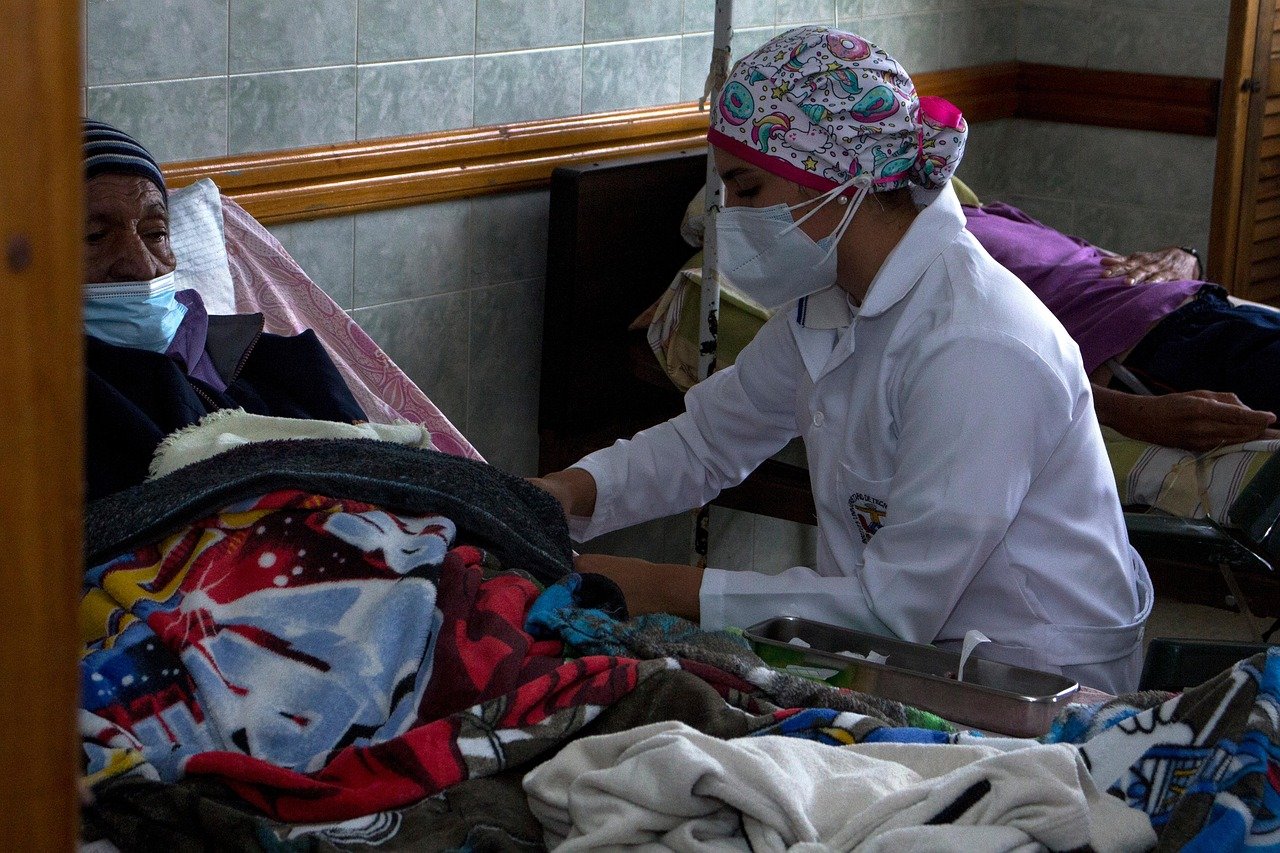
Government Facilities
Kenya Bureau of Standards (KEBS)
- Multiple locations across Kenya
- Most comprehensive testing available
- Cost: KSh 20,000-30,000 for full panel
- Turnaround: 7-14 days
You can find more information about their water testing services at the Kenya Bureau of Standards official website.
Government Chemist Department
- Nairobi and major cities
- Specializes in contaminant detection
- Cost: KSh 15,000-25,000
- Turnaround: 10-21 days
Reputable Private Labs
SGS Kenya Limited
- International standards
- Multiple testing centers
- Cost: KSh 25,000-40,000
- Turnaround: 5-10 days
Intertek Kenya
- Advanced equipment
- Comprehensive reporting
- Cost: KSh 22,000-35,000
- Turnaround: 7-14 days
Mobile Testing Services
Several companies now offer on-site testing, bringing the lab to your doorstep. While more expensive (KSh 35,000-50,000), it’s convenient and provides immediate results for basic tests.
What to look for in testing providers:
- ISO 17025 certification
- Proper sample handling procedures
- Clear, detailed reporting
- Calibrated equipment
- Experience with Kenyan water conditions
Understanding Your Test Results – Don’t Panic, Take Action
When your lab results arrive, they might look like a foreign language. Here’s how to decode them:
Reading Your Report
Green Zone Results: Values within acceptable limits
- Continue regular monitoring
- No immediate action needed
- Celebrate your safe water!
Yellow Zone Results: Values approaching limits
- Increase testing frequency
- Consider preventive treatments
- Monitor family health closely
Red Zone Results: Values exceeding safe limits
- Stop drinking the water immediately
- Seek alternative water sources
- Contact water treatment professionals
- Retest to confirm results
Key Warning Signs
Immediate Health Risk (Stop drinking immediately):
- Any bacterial contamination detected
- Fluoride above 4 mg/L
- Nitrites above 10 mg/L
- Heavy metals above WHO limits
Moderate Concern (Seek treatment options):
- pH below 6 or above 9
- TDS above 1000 mg/L
- Fluoride 1.5-4 mg/L
- Moderate hardness levels
Trending Analysis
Keep records of all your test results. Look for patterns:
- Gradual increases in contamination levels
- Seasonal variations in quality
- Correlation with nearby activities
- Changes after system modifications
What to Do When Your Water Fails Tests
Don’t panic—contaminated water is fixable. Here’s your action plan:
Immediate Actions (First 24 Hours)
- Stop consumption: Switch to bottled or treated water immediately
- Secure alternative supply: Stock up on certified bottled water
- Inform family: Make sure everyone knows not to drink the water
- Contact professionals: Reach out to water treatment experts
Short-Term Solutions (1-4 Weeks)
For Bacterial Contamination:
- Boil all water for drinking and cooking
- Install UV sterilization system (KSh 35,000-65,000)
- Chlorination system (KSh 25,000-45,000)
For Chemical Contamination:
- Reverse osmosis system (KSh 85,000-150,000)
- Ion exchange systems for specific contaminants
- Activated carbon filtration
For pH Problems:
- Acid neutralizing systems (KSh 45,000-80,000)
- pH adjustment chemicals
Long-Term Solutions
Sometimes, treatment isn’t enough. You might need:
- Deeper drilling: Access cleaner aquifers
- New borehole location: Move away from contamination sources
- Advanced treatment systems: Multi-stage purification
- Regular maintenance: Ongoing system care
“The key is not to see contamination as a failure, but as valuable information,” explains Engineer Grace Mutua, a water treatment specialist. “Every problem has a solution—you just need the right expertise.”
Contact Bonvic Drilling for expert water treatment solutions →
Understanding Kenya’s Water Quality Regulations
Kenya’s water quality standards are governed by multiple regulatory bodies, ensuring your water meets both national and international safety standards. The Water Resources Authority (WRA) provides comprehensive guidelines for water quality testing and treatment that every borehole owner should understand.
These regulations aren’t just bureaucratic requirements—they’re your family’s safety net. Understanding them helps you make informed decisions about testing frequency, treatment options, and legal compliance.
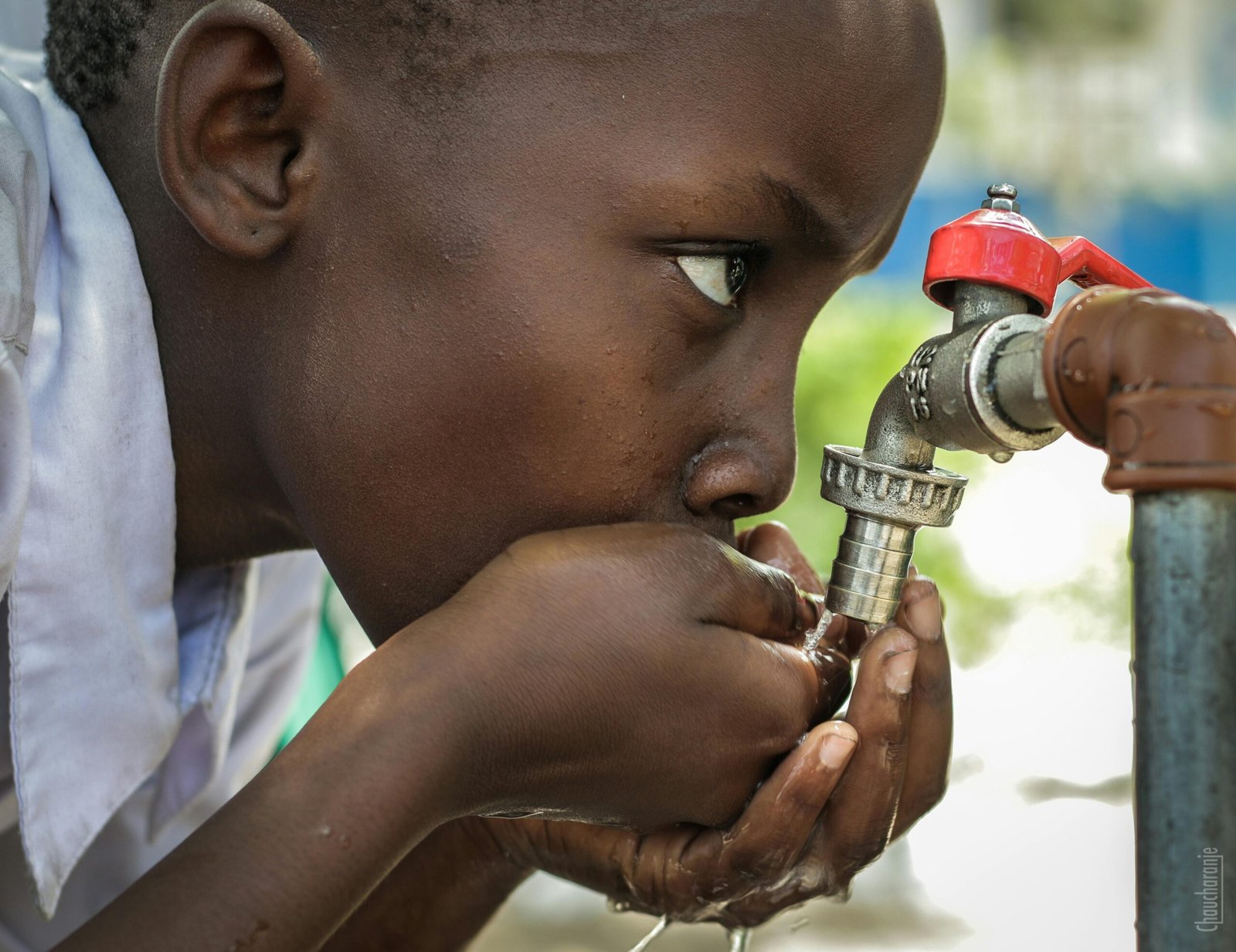
The True Cost of Safe Water – An Investment, Not an Expense
Let’s talk numbers. Many homeowners balk at testing costs, but consider this financial reality:
Annual Testing Investment
- Comprehensive annual testing: KSh 30,000
- Quarterly basic testing: KSh 24,000
- Total annual investment: KSh 54,000
Cost of NOT Testing
Medical expenses (conservative estimate):
- Waterborne illness treatments: KSh 35,000-80,000 annually
- Dental fluorosis treatment: KSh 150,000-300,000 per child
- Long-term health complications: Priceless
Property and appliance damage:
- Premature appliance replacement: KSh 200,000-500,000
- Plumbing repairs: KSh 50,000-150,000
- Reduced property value: 10-15% decrease
Real example: The Mwangi family in Kiambu spent KSh 450,000 in medical bills and appliance replacements over three years—all because they skipped water testing. Their KSh 54,000 annual testing investment would have saved them nearly KSh 400,000.
Return on Investment
- Health protection: Prevents devastating medical expenses
- Equipment longevity: Extends appliance life by 3-5 years
- Property value: Maintains and increases home value
- Peace of mind: Knowing your family is safe
Dr. Samuel Kiprotich, a public health expert, notes: “Families who invest in regular water testing spend 70% less on water-related medical expenses. It’s one of the best health investments you can make.”
Your Next Steps – Take Action Today
You now have the knowledge to protect your family’s health and financial future. Here’s what to do right now:
This Week:
- Schedule comprehensive testing for all 7 essential parameters
- Collect proper water samples (your lab will provide instructions)
- Create a water testing calendar for regular monitoring
- Research treatment options based on your local risks
This Month:
- Review your test results with qualified professionals
- Implement immediate treatments if needed
- Set up automatic testing reminders on your phone
- Connect with local water treatment experts
Ongoing:
- Maintain detailed records of all test results
- Monitor family health for any water-related symptoms
- Stay informed about local water quality issues
- Update your testing schedule based on results
Remember: Every day you delay testing is another day your family might be consuming contaminated water. The question isn’t whether you can afford to test—it’s whether you can afford NOT to test.
Partner with the Experts – Bonvic Drilling’s Comprehensive Water Solutions
At Bonvic Drilling, we understand that safe water is more than just drilling a hole in the ground. We’re your complete water safety partner, offering:
Professional Water Testing Services
- Certified laboratory partnerships ensuring accurate results
- Comprehensive testing packages covering all 7 essential parameters
- Expert result interpretation and recommendations
- Ongoing monitoring programs tailored to your needs
Advanced Treatment Solutions
- Custom treatment system design based on your specific contamination issues
- Professional installation and commissioning
- Regular maintenance programs to ensure optimal performance
- Emergency response services for urgent water quality issues
Why Choose Bonvic Drilling?
- 15+ years of experience in Kenyan water systems
- Certified technicians and hydrogeologists on staff
- Comprehensive warranties on all equipment and services
- 24/7 emergency support when you need it most
- Proven track record with over 1,000 satisfied families
“Bonvic Drilling doesn’t just drill boreholes—they create complete water security solutions,” says Mary Njeri, a satisfied client from Karen. “Their testing and treatment recommendations have given our family peace of mind for five years running.”
Schedule your comprehensive water quality assessment today →
Call us now: +254 722 167 999 or +254 720 545 191
Don’t Wait – Your Family’s Health Can’t Wait
The seven tests we’ve covered aren’t suggestions—they’re necessities for every Kenyan family relying on borehole water. Every month you delay is another month of potential exposure to harmful contaminants.
Consider this sobering reality: By the time you notice health symptoms from contaminated water, significant damage may already be done. Heavy metal accumulation, fluoride poisoning, and chronic bacterial exposure create health problems that can last a lifetime.
But here’s the empowering truth: You have the power to protect your family starting today. These seven essential tests are your shield against the invisible threats lurking in untested water.
Your family deserves the certainty of safe, clean water. Don’t leave their health to chance.
Take action today. Schedule your comprehensive water testing with Bonvic Drilling and join thousands of families who’ve chosen water safety over water uncertainty.
Get started with professional water testing →
Want more expert water safety tips? Subscribe to our newsletter for monthly water quality updates, maintenance reminders, and exclusive offers on testing services.
Subscribe to Bonvic Drilling’s Water Safety Newsletter →
Related Articles:
- Stop Gambling with Rain: Best Irrigation Systems Kenya
- Borehole vs County Water Cost Comparison 2025
- The Hidden Cost of Cheap Borehole Drilling
Emergency Water Testing Contacts:
- Bonvic Drilling 24/7 Hotline: +254 720 545 191
- Ministry of Health Water Safety: +254 20 2717077
- Kenya Bureau of Standards: +254 20 6948000
Downloadable Resources:
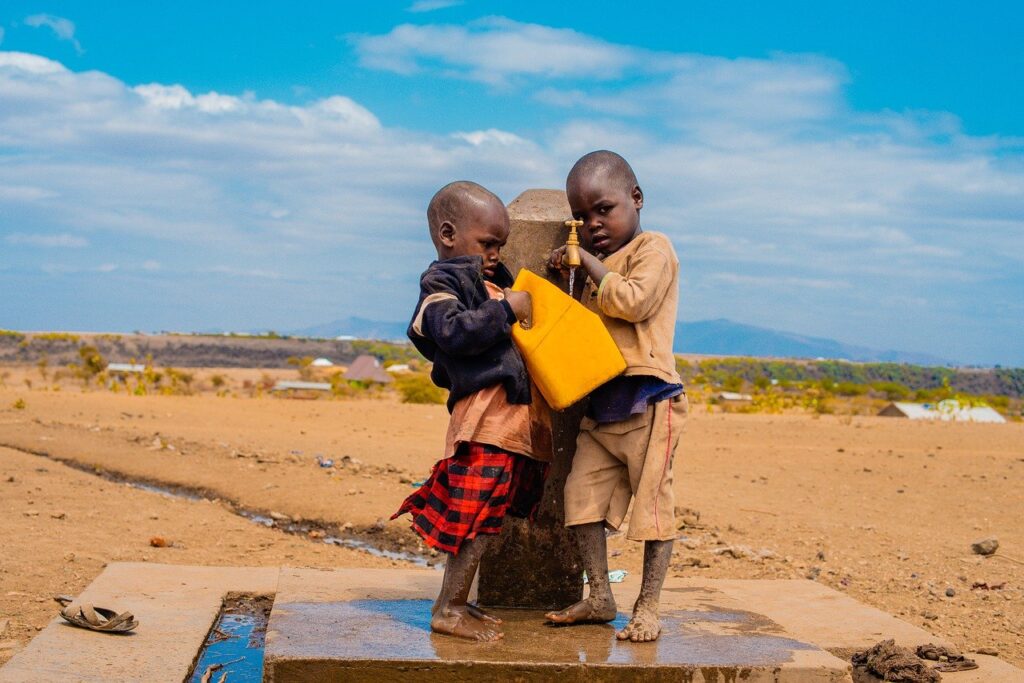
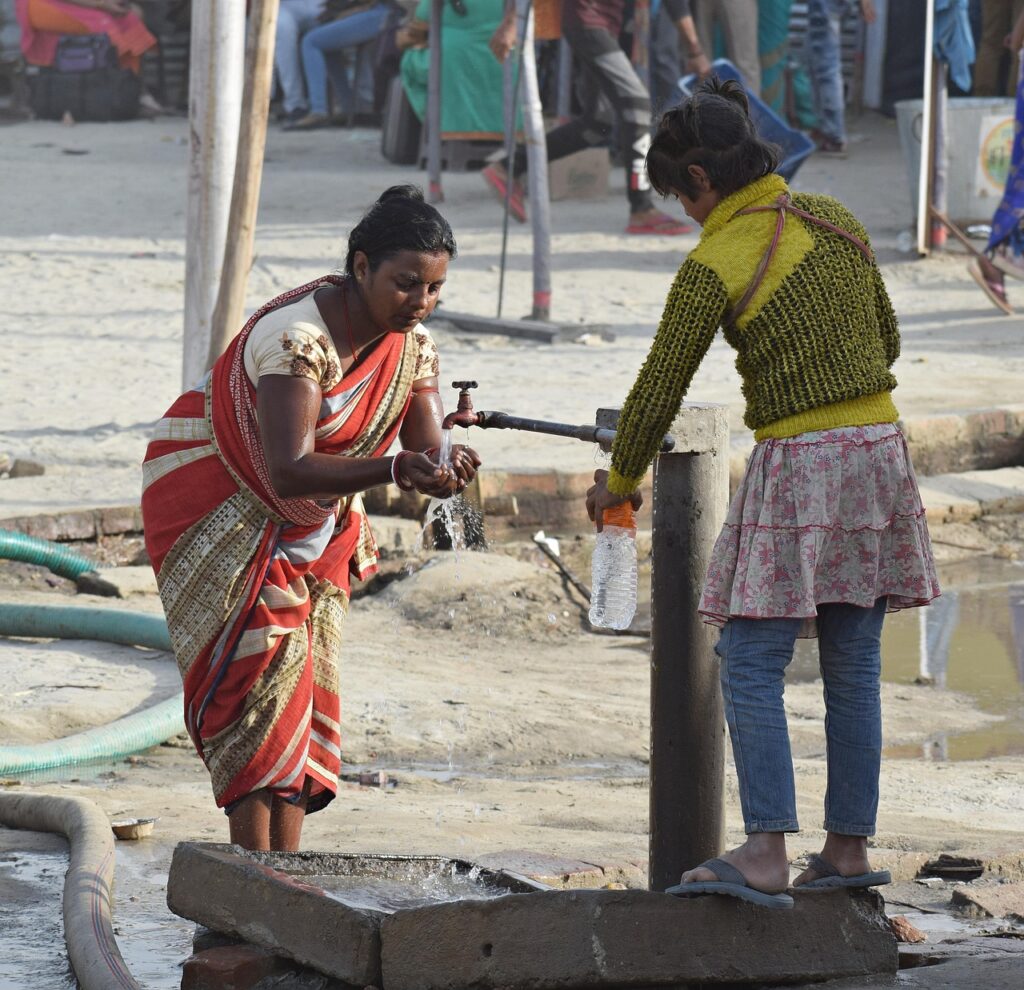
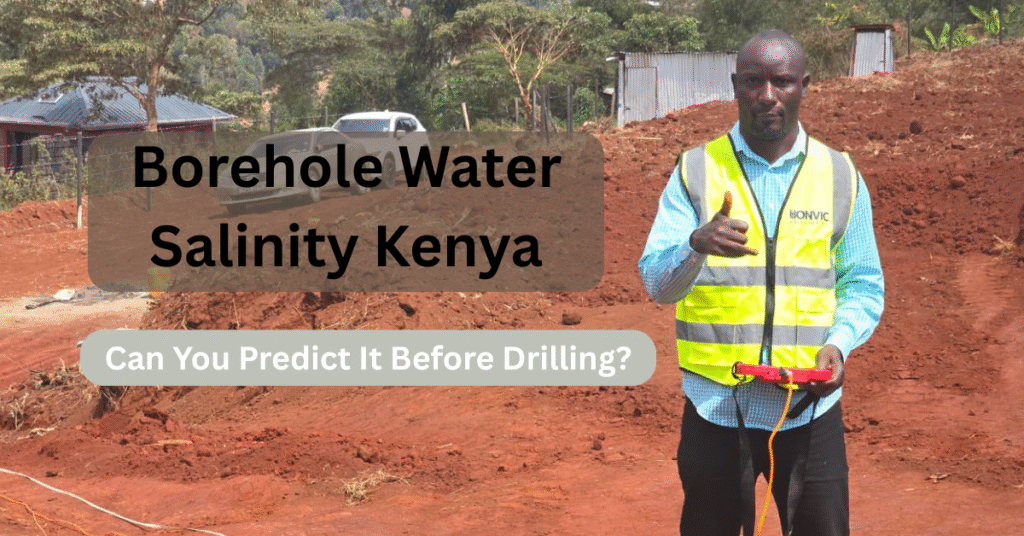
Wow, I will contact you soon to drill my borefole in Mtito Andei